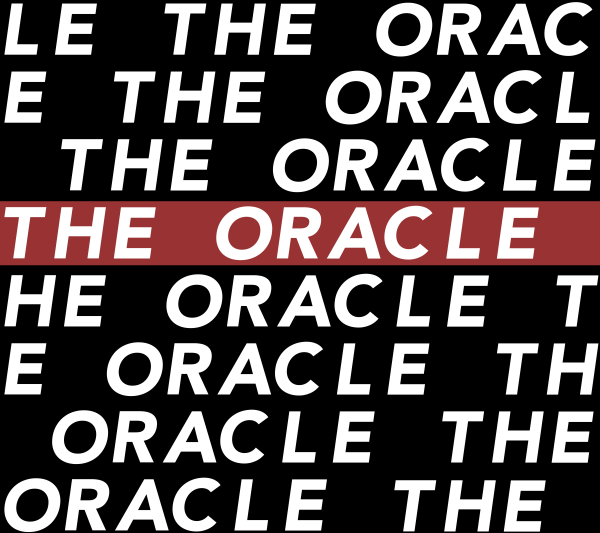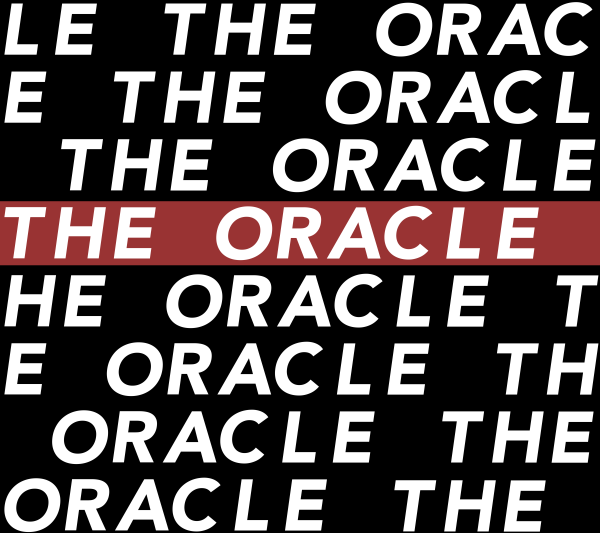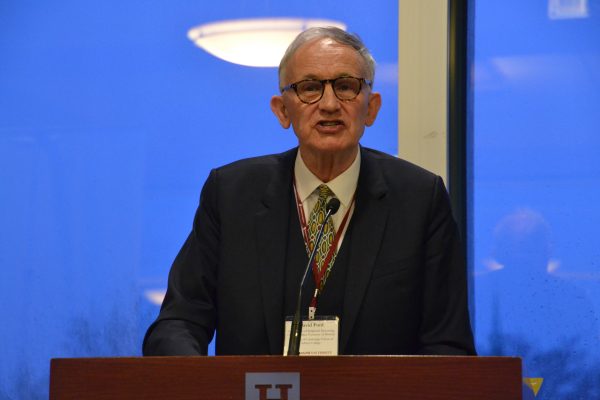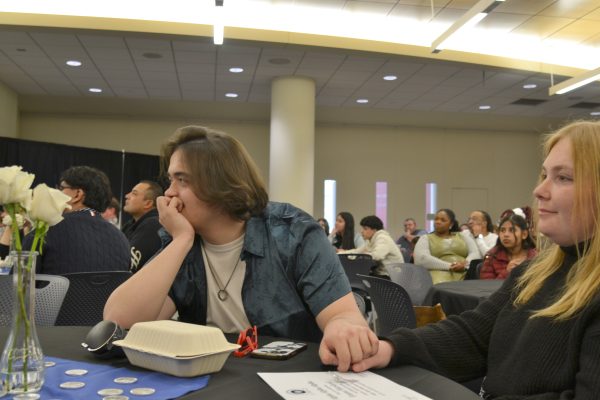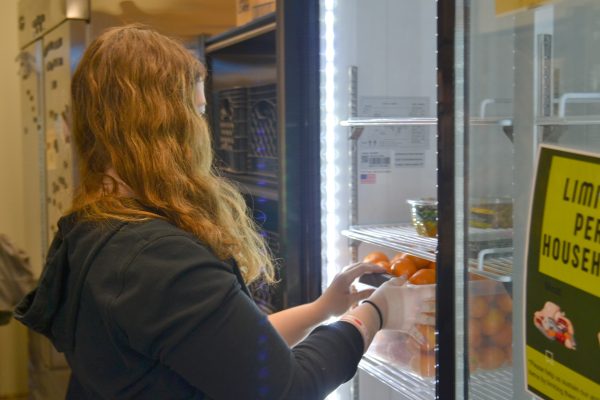Campus: A safe space?
Dr. Everett discusses the results of the Deconstructing Safe Space initiative from last fall.
February 26, 2020
Shortly into his time here at Hamline in 2018, Dr. David Everett, associate vice president of inclusive excellence, noticed apprehension and hesitation around having challenging conversations about matters related to inclusivity. When this was explored further, the phrase of “safe space” was recurrent between faculty, staff, students and administration.
“It became this recognized need that I thought no one really understood or wrestled with how [safe space] could be and look different based on who you are, based on your identity, based on all of those things,” Everett said. “How do we really get into challenging conversations, difficult topics, and in order for us to get into those we have to have this same understanding of what space is, let alone, safe space.”
After three to four months of gaining context through meetings and sessions, Everett began to plan an initiative around deconstructing the idea of safe spaces as a way to start the conversation about equity, diversity and inclusion.
“The point behind deconstructing the safe space is to kind of shift the understanding of the space as being safe to spaces being challenging, and challenging does not always equate to safe,” Everett said. “But challenging does require some levels of risk and vulnerability.”
The Office of Inclusive Excellence began with the Intercultural Development Inventory (IDI®) assessment that was launched last fall and will continue throughout this year.
Everett will also continue the Inclusive Excellence series, which started in November. The meetings have so far explored and examined topics such as deconstructing safe space, elite colleges treatment of disadvantaged students, and the challenges of racism, privilege, and power in the classroom, institution and community.
The first two of these events, which happened last fall, were only for faculty and staff.
The events in the fall were scheduled prior to the racial incidents that occurred on campus last semester, although these incidents were major talking points during the Deconstructing Safe Space events.
“I think it has been [successful],” Everett said. “Maybe not tangible, quantifiable results yet, but looking at how curriculum, engagement, classrooms and policies related to attendance and all those kinds of things can be helpful and/or harmful when it comes to student retention have all been on the table and we’re continuing to have those conversations in various circles.”
The deconstructing safe space initiative has events scheduled for this spring and into next school year with more student engagement opportunities. There is also a possibility of an equity summit next year with other institutions. Some of the events set up for this spring include topics like unconscious bias, microaggressions, and possibly leadership.
“I do believe that deconstructing the idea of a safe space is essential to making Hamline University a more equitable space for all its students,” said junior Rose-Marie Athiley, who looks forward to engaging in these conversations with peers. “An example, why is the implication that safe spaces require everyone involved to be comfortable and if we want to make this campus more inclusive, we have to be willing to sit in discomfort.”
More in-depth findings and results from the fall Deconstructing Safe Space initiative will be released later this spring.
Everett said the goals set for himself and the Office of Inclusive Excellence are “to engage in the conversation we either haven’t yet, or that we have avoided up until this point. I think the second is obviously building competency around issues of race, ethnicity, culture, etc. to the point of how it gets embedded in what we do as an institution.”
Some of the long term goals include increased retention rates, shifting understanding of the influence of a changing student demographic on what Hamline does, and connecting mindfully with external communities through alumni relations and community engagement.
“I think we are meeting the challenge of not just what the fall semester presented but what we have aspired to do since my hiring which is to really meet some of the changes internally and externally and how we rethink where we are and where we’re going,” Everett added, “I am really energized by the students, and the students being willing to use their voice and speak from their perspective and experience and allow me and us as an institution to really hear that in a fundamental way that can transform who we are.”

